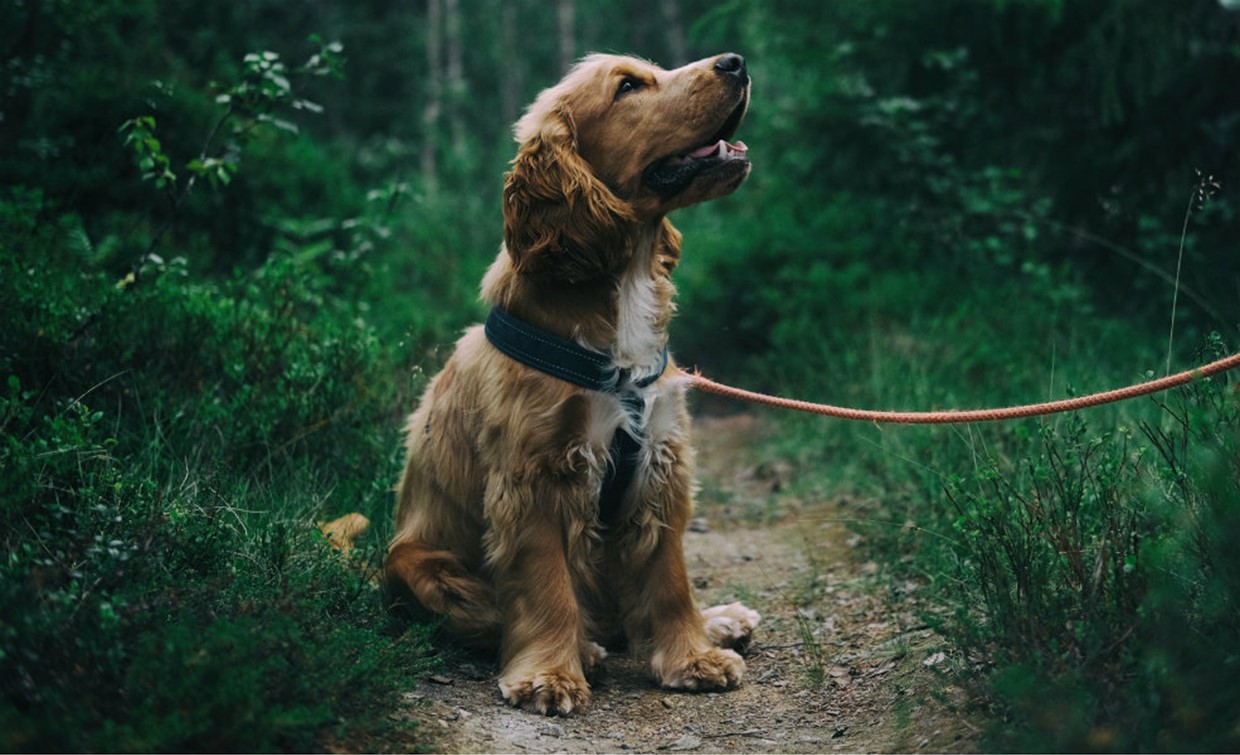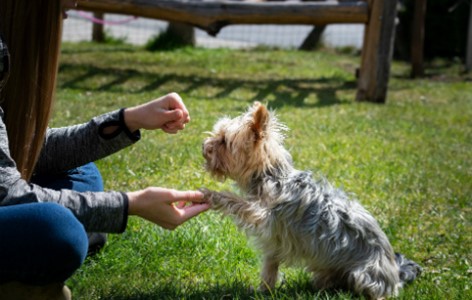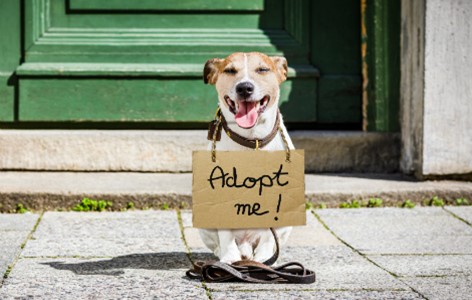We all know training your dog is important, but the benefits are far greater than just getting them to ‘come’, ‘sit’ and ‘stay’, or the satisfaction of actually teaching them to respond. An ongoing training regimen can have long-term impacts on your dog’s mental health, general behaviour, overall happiness and your relationship with them. Here’s why.
Training strengthens your bond
Just like humans, dogs learn best when they’re young. That’s why it pays to start training early. What your dog learns or doesn’t learn when they’re a puppy can have a big impact on their character as an adult dog. That’s because early training helps you (and them) gain confidence in their interactions and create positive behavioural traits as they grow up.
It also allows you to forge a strong, long-lasting bond with your puppy as you learn to understand and communicate with each other. While training can still have the same positive effects on older dogs, it may take a little more commitment to override any pre-learned ‘difficult’ habits they may have picked up over the course of their lifetime.
So yes, it’s never too late to teach an old dog new tricks, but the sooner you’re able to start training, the better.
A well-adjusted dog is a happy dog
Dogs thrive when they’re mentally stimulated, much like people. If your pooch is bored, it’s more likely to act out – both around the house and elsewhere. Regular training and a good routine will keep them engaged and on their paws, which can help them live a more content life and become socially well adjusted.
And a well-adjusted dog can go places. This means that not only your quality time spent at home becomes more enjoyable, but you can also take them along to your favourite dog-friendly spots without having to worry they’ll get into trouble. If they reliably return to you when called, and are sociable yet respectful in the park, you’re both onto a good thing.
Setting your dog up for success
It’s important to set your dog up for success when you train. This includes choosing the right setting, creating a training agenda and, most importantly, giving lots of rewards - like these VitaPet treats. Whether this is a tasty food reward or praise and a big pat, allow your pup to end each session on a successful note. That way, they’ll develop a positive association with the process and get excited when the next training session comes around.
Training for the whole family
Training is not only great for your dog, it’s great for us humans, too. It can help every member of the family bond with the new addition and one another, as you create a shared training schedule and teach each other along the way. It can also be a good opportunity for younger members of the household to grow by taking on responsibility of their own.
Make sure everyone’s on the same page with training, to avoid confusing your pup by sending mixed signals. This means, creating a consistent experience for your dog on all levels. Ask everyone involved in your dog’s routine to use the same commands and ensure it follows the same rules regardless of who it’s interacting with.
Whether you’re a first-time owner or a seasoned pet parent, it’s undeniable that consistent training is a win-win for all parties involved – both two- and four-legged.























